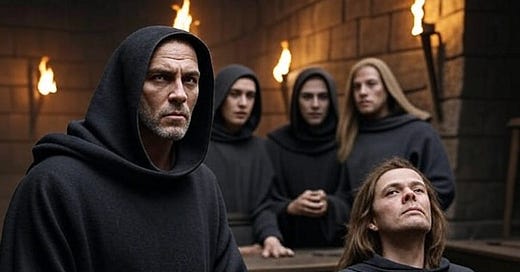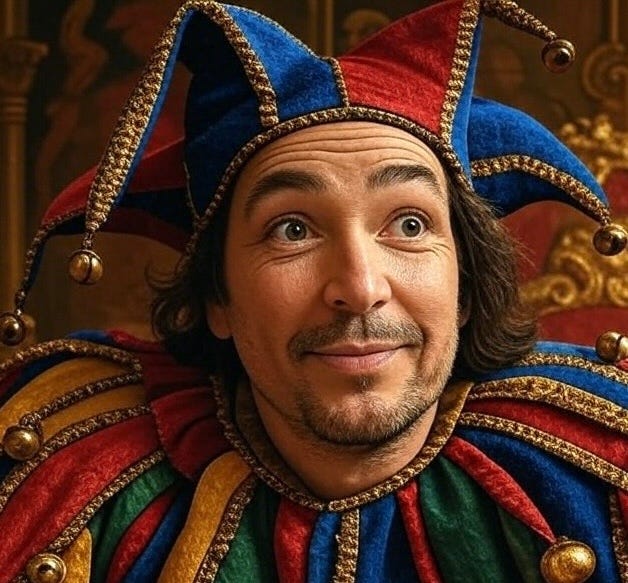Throughout history, the label of “heretic” has been wielded as both sword and shield by those in power, defining not theological truth but political convenience. The designation of who qualifies as a heretic reveals more about the anxieties of authority than about the validity of dissenting ideas.
Understanding this dynamic requires us to ask a fundamental question: when someone declares an idea “dangerous,” we must inquire—dangerous to whom?
Who Controls the Narrative
The power to define heresy has always belonged to those who control the dominant narrative. Religious authorities branded questioners of doctrine as heretics, while political leaders applied the label to those challenging their governance.
This pattern extends beyond formal institutions into any sphere where established interests seek to protect their position. The recent COVID-19 controversies exemplify this phenomenon perfectly. Those who questioned official health policies or challenged “the science” found themselves labeled as heretics of a new secular orthodoxy.
Yet examining the underlying motivations reveals that many of these “dangerous” ideas threatened not public health, but the profits and authority of those in charge.
Yesterday’s Heretics, Today’s Heroes
History’s most celebrated figures were often yesterday’s heretics. Galileo faced the Inquisition for proposing heliocentrism. Darwin was vilified for evolutionary theory. Women’s suffrage advocates were imprisoned for demanding voting rights.
These individuals possessed what we might call measured courage—the willingness to speak truth to power without seeking to become the oppressive force they opposed. True heretics distinguish themselves from mere revolutionaries by their lack of desire to establish a new power structure that would force-feed their ideas to the masses.
The Dark Side of Orthodoxy
The suppression of heretical thought has consistently led to humanity’s darkest chapters. Censorship becomes the first tool, followed by book burning, persecution, and ultimately mass violence.
The apparatus of orthodoxy, whether religious or secular, has justified slavery, genocide, and countless other atrocities by framing dissent as dangerous heresy. Those who questioned these systems were silenced not because their ideas were wrong, but because they threatened entrenched interests.
The Wisdom of Fools
Interestingly, many societies have recognized the necessity of sanctioned dissent through institutionalized forms of questioning authority. Medieval courts employed jesters who could mock the king under the protection of their role as entertainers.
Other traditions featured fools, trickster figures, and animal characters who pointed out the follies of leaders while remaining immune from punishment. These roles served as pressure valves, allowing criticism to be voiced safely while maintaining the overall power structure.
The Heretic’s True Gift
The heretic’s true value lies not in their specific beliefs but in their function as catalysts for progress. They force societies to examine their assumptions, challenge complacency, and evolve beyond outdated paradigms.
However, this requires a delicate balance. Effective heretics must possess enough courage to speak uncomfortable truths while maintaining enough humility to avoid becoming the very authoritarians they oppose.
Today’s digital age has democratized the ability to challenge orthodox thinking, but it has also amplified the power of those who would silence dissent. As we navigate this landscape, we must remember that the greatest threat to human progress comes not from dangerous ideas, but from the dangerous assumption that any authority should have the power to determine which ideas we are allowed to consider.
The heretic’s greatest gift to humanity is the reminder that all truth claims must remain open to question.






